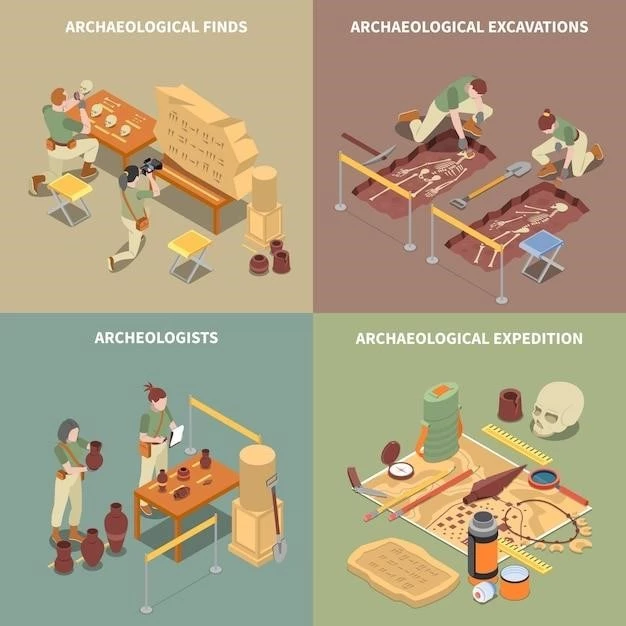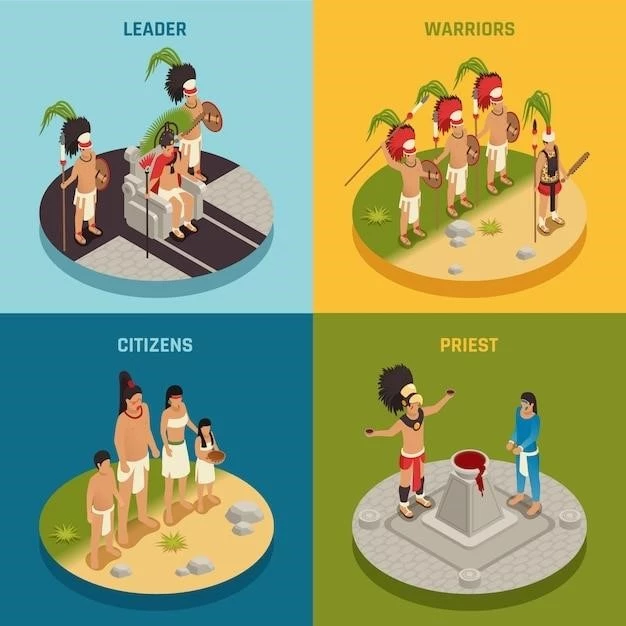The concept of athletic training, the systematic preparation of individuals for physical competition, has roots deeply embedded in ancient civilizations․ While the modern understanding of athletic training encompasses a broad spectrum of disciplines, its origins lie in the rudimentary practices of ancient societies that sought to enhance physical prowess and optimize performance․

Ancient Greece: The Cradle of Athletics and Training
Ancient Greece, renowned for its emphasis on physical culture and competitive sports, played a pivotal role in shaping the foundations of athletic training․ The Olympic Games, held every four years in honor of Zeus, served as a catalyst for the development of specialized training methods․
The Greek philosopher and physician Hippocrates, considered the “father of medicine,” recognized the importance of physical conditioning and developed early principles of athletic training․ He emphasized the role of diet, exercise, and massage in preparing athletes for competition․
Greek athletes adhered to rigorous training regimes, which often included:
- Strength training: Utilizing weights, stones, and other objects to build muscle mass and power․
- Endurance training: Engaging in long-distance running, wrestling, and other activities to improve cardiovascular fitness․
- Flexibility training: Employing stretching and contortion exercises to enhance range of motion․
- Dietary practices: Consuming a balanced diet rich in protein and carbohydrates to fuel training and recovery․

Roman Empire: Building upon Greek Traditions
The Roman Empire inherited and further refined the Greek athletic traditions․ Roman gladiators, renowned for their physical prowess, underwent intensive training programs․ They engaged in combat simulations, strength training, and specialized drills to prepare for the brutal spectacles of the arena․
The Romans also developed sophisticated training facilities, including gymnasia and stadiums․ These facilities provided athletes with structured environments for training, competition, and recovery․
Ancient Egypt: Emphasis on Physical Well-being
Ancient Egyptian society placed a high value on physical fitness and health․ While not as focused on competitive athletics as the Greeks and Romans, Egyptians developed practices for maintaining physical well-being, which included:
- Gymnastics: Engaging in exercises to improve strength, flexibility, and coordination․
- Yoga-like practices: Performing postures and breathing exercises to enhance mental and physical well-being․
- Dietary restrictions: Adhering to specific diets for religious and health purposes․
The ancient Egyptians also had a strong understanding of anatomy and physiology, which influenced their approach to training and health․
Ancient China: The Importance of Balance and Harmony
Ancient Chinese civilization developed a unique approach to physical training rooted in the principles of balance and harmony․ The concept of “Qi,” or vital energy, was central to Chinese medicine and influenced their training practices․
The Chinese developed a variety of exercises, including:
- Tai chi: A slow, flowing exercise that emphasizes balance, coordination, and mental focus․
- Qigong: Practices that combine movement, breathing, and meditation to cultivate Qi․
- Martial arts: Training methods that combine physical strength, agility, and mental discipline․
Chinese training methods emphasized holistic well-being, incorporating physical, mental, and spiritual aspects․
Legacy of Ancient Athletic Training
The practices of athletic training developed in ancient times laid the foundation for modern sports science․ The emphasis on strength training, endurance, flexibility, and diet has been carried forward and refined over centuries․ The ancient understanding of the importance of physical well-being continues to resonate in contemporary societies․
While the methods and technologies have evolved, the fundamental principles of athletic training remain remarkably consistent․ From the rigorous training regimens of Greek athletes to the holistic approach of Chinese practices, ancient civilizations provide valuable insights into the enduring quest for physical excellence․










